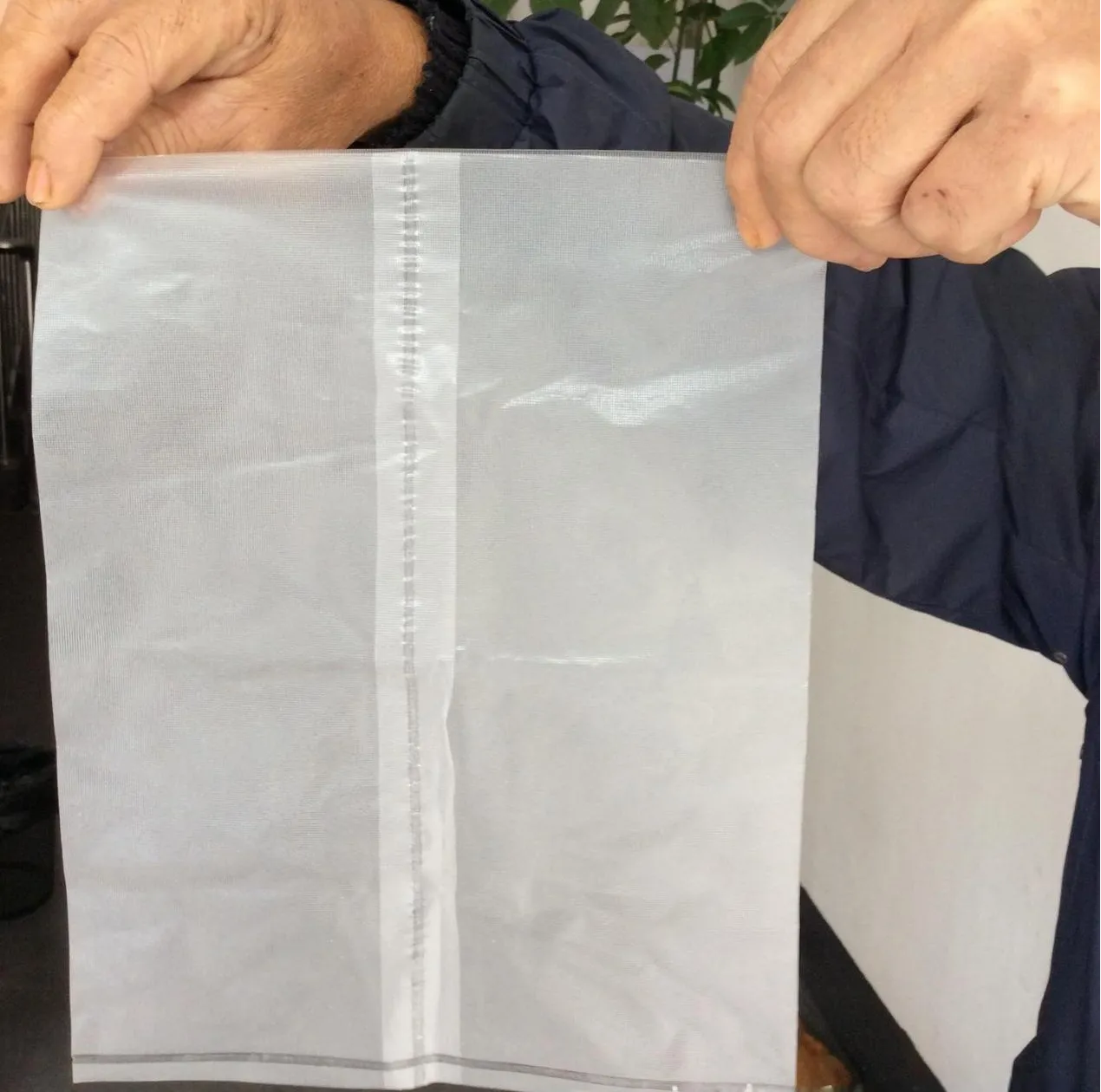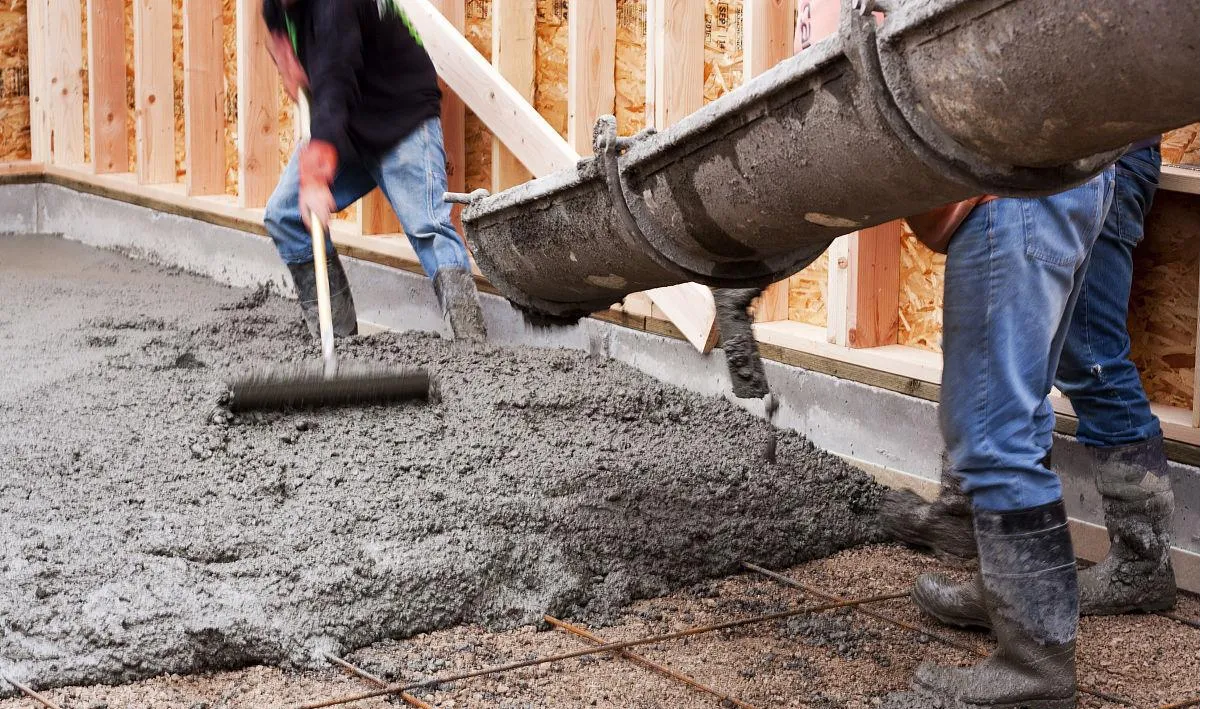
The Versatile Power of Polyvinyl Alcohol: From Bulk PVA Bags to Plaster Bonding
Polyvinyl alcohol (PVA) has emerged as one of the most widely used polymers across construction, packaging, textiles, and industrial applications. Known for its excellent solubility in water, film-forming properties, and adhesive qualities, PVA plastic products offer a sustainable and performance-driven solution to various industrial challenges.
Whether it's bulk PVA bags used in agricultural or industrial packaging, or PVA bond for plastering walls, the versatility of this material has made it a mainstay for contractors, engineers, and manufacturers alike. The growing market demand for polyvinyl alcohol manufacturers and polyvinyl alcohol suppliers highlights its role in modern industry.

Applications and Benefits of Polyvinyl Alcohol and PVA Plastic
What Is Polyvinyl Alcohol and Why Is It Popular?
Polyvinyl alcohol (PVA) is a synthetic polymer created by hydrolyzing polyvinyl acetate. It is known for being soluble in water, non-toxic, biodegradable, and film-forming. Its versatility makes it valuable in many forms:
Polyvinyl alcohol powder
PVA plastic (film or molded applications)
Polyvinyl alcohol solution
PVA polyvinyl fibers and adhesives
Because polyvinyl alcohol is soluble in water, it’s often used in environmentally friendly packaging such as bulk PVA bags, which dissolve safely and leave no residue. These are especially popular in sectors like agrochemicals, dyes, detergents, and construction materials.
Many professionals also refer to polyvinyl alcohol PDF datasheets or polyvinyl alcohol MSDS (Material Safety Data Sheets) to understand the safety and performance characteristics before industrial use.

Polyvinyl Alcohol in the Construction Industry
In the building sector, PVA for plastering walls and PVA bond for plastering are widely used to improve adhesion between old surfaces and new layers of render or plaster. Builders frequently apply PVA before render to seal dusty or porous walls and enhance bonding strength.
The exterior waterproof PVA formulations provide added protection for external plasterwork and mortars. Additionally, adding PVA to mortar helps increase water retention, improve workability, and reduce cracking.
Construction automation is also evolving, with PVA automation systems being used to dispense precise amounts of polyvinyl alcohol solution in large-scale projects. Whether it's spraying bonding agents or automated bag packaging, PVA is now integrated into smarter construction workflows.
Strengthening Concrete and Packaging: The Role of Fibers and Bulk PVA Bags
Enhancing Concrete with Polypropylene and PVA
Fiber reinforcement is another arena where PVA and related materials play a key role. Polypropylene fiber or PP fiber concrete improves tensile strength, reduces shrinkage, and prevents cracking in concrete. Similarly, adding PVA to mortar creates a fiber matrix that enhances bonding and elasticity in plaster or rendering applications.
One specialized variant, BP26 PVA, is often used in high-performance applications such as structural adhesives, reinforcing binders, and fiber manufacturing. It combines water solubility with excellent tensile properties, making it suitable for both concrete and textiles.
Together, PP fiber concrete and PVA additives represent a new generation of durable, flexible construction materials that cater to demanding environments—from bridge decks to tunnel linings.
Bulk PVA Bags and Eco-Friendly Packaging
Sustainability is at the core of many industries today, and bulk PVA bags are gaining attention for their eco-friendly properties. These bags are often used to package detergents, agrochemicals, cement additives, and other powdered materials.
The biggest advantage? These bags dissolve completely in water, eliminating plastic waste and improving workplace safety by reducing dust exposure. For instance, pre-dosed polyvinyl alcohol powder can be packaged in PVA bags, which dissolve directly in mixing tanks or drums during application.
These innovations have also led to increased demand for reliable polyvinyl alcohol suppliers who can meet custom specifications for solubility, tensile strength, and film thickness.
Polyvinyl Alcohol Is Reshaping Modern Materials and Methods
From eco-friendly packaging and PP fiber concrete reinforcement to improved bonding in plastering, polyvinyl alcohol continues to prove its value across a wide range of industries. Its solubility in water, biodegradability, and non-toxic nature make it a leading material for forward-thinking businesses.
Whether you are sourcing from polyvinyl alcohol manufacturers, automating with PVA automation systems, or simply seeking better adhesion with PVA before render, integrating PVA polyvinyl products offers numerous technical and environmental advantages.
For architects, engineers, contractors, and manufacturers alike, understanding how to use polyvinyl alcohol in its various forms—powder, solution, film, or fiber—can unlock new levels of performance, sustainability, and cost-efficiency.
FAQ Section with Keyword-Rich Titles
1. How to Use Polyvinyl Alcohol for Plastering Walls and Render Preparation?
Using PVA for plastering walls is a common practice in construction. You dilute polyvinyl alcohol solution (typically 1:4 ratio with water) and apply it to the wall before applying render or plaster. This acts as a PVA bond for plastering, enhancing adhesion and preventing rapid drying. Apply PVA before render to seal porous surfaces and ensure a longer-lasting finish.
2. What Are Bulk PVA Bags Used for in Industrial Applications?
Bulk PVA bags are used in packaging powdered or granular materials such as detergents, fertilizers, or concrete additives. Because polyvinyl alcohol is soluble in water, these bags dissolve during application, eliminating the need for manual handling and reducing waste. This makes them ideal for automation and eco-friendly packaging systems.
3. Is Polyvinyl Alcohol Soluble in Water, and What Is Its Solubility Range?
Yes, polyvinyl alcohol is soluble in water. The poly vinyl alcohol solubility depends on its degree of hydrolysis and molecular weight. Fully hydrolyzed grades typically dissolve at higher temperatures, while partially hydrolyzed versions dissolve more easily at room temperature. Always consult the polyvinyl alcohol PDF or polyvinyl alcohol MSDS for detailed specifications.
4. What Is BP26 PVA and How Is It Different from Regular PVA?
BP26 PVA is a high-performance grade of polyvinyl alcohol plastic, offering enhanced tensile strength, flexibility, and compatibility with various additives. It is commonly used in textile sizing, fiber manufacturing, and high-adhesion bonding in construction. Compared to regular PVA plastic, BP26 has better resistance to moisture and mechanical stress.
5. Can Polypropylene Fiber Be Used with PVA in Concrete Applications?
Absolutely. Both polypropylene fiber and adding PVA to mortar contribute to improved mechanical strength and shrinkage resistance. When used together in PP fiber concrete, they offer enhanced crack control, better cohesion, and improved workability. PVA can also act as a bonding agent, making the composite mix more durable and flexible.
-
Hydroxypropyl Starch as a Sustainable Construction AdditiveNewsNov.24,2025
-
The Gelation Properties of CMCNewsNov.21,2025
-
Redispersible Latex Powder and Water Retention CapacityNewsNov.21,2025
-
Dosage Control for Polycarboxylate Water ReducerNewsNov.21,2025
-
Film-Forming Properties of Polyvinyl AlcoholNewsNov.21,2025
-
The Function of Gypsum Additives in MortarNewsNov.21,2025





















